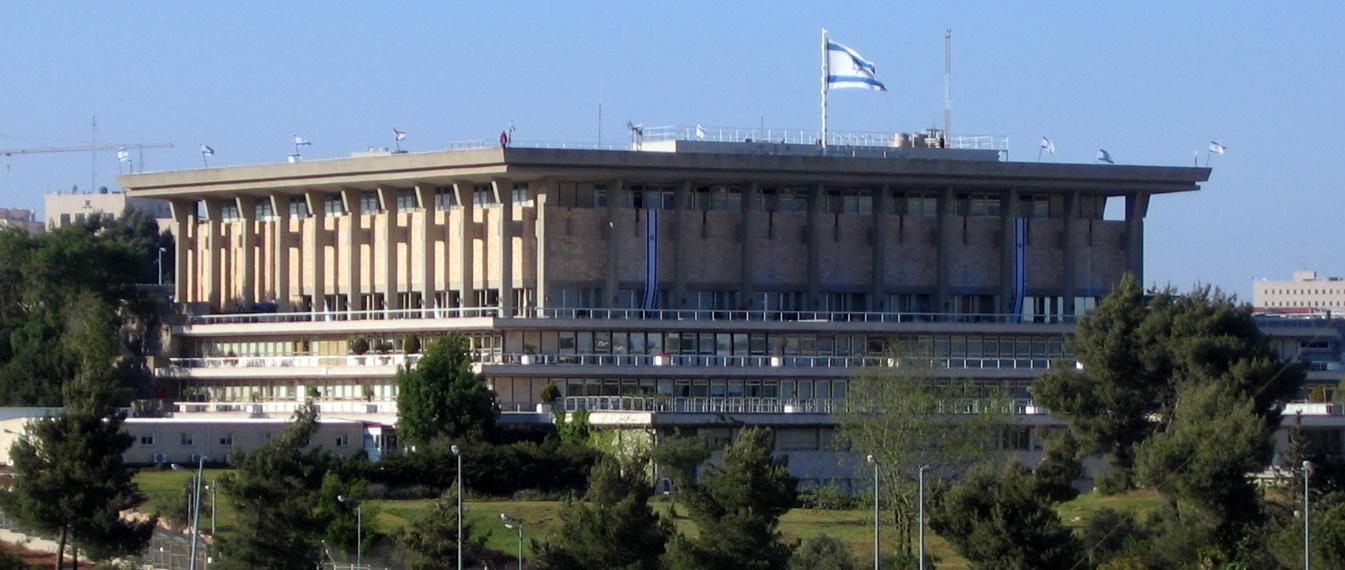Courses I have Taught
Research Methods
The course is intended to provide introductory basic knowledge about qualitative and quantitative research methods in political science, to allow students to critically analyze the academic literature, and plan and execute their own empirical research. The main topics we will address include: research question/topic selection; causal inference and research design (experiments, natural experiments, quasi-experiments etc.); concepts and definitions (nominal and operational); theory building and hypotheses, measurements, sampling, validity and reliability; data collection and analysis (tables, correlation, regression, statistical tests).
The Politics of Electoral Systems and Intra-party Candidate Selection Processes
One of the major differences across democracies is the various electoral systems and intra-party candidate selection processes they use, which determine how voters vote, how these votes are translated into seats, and how candidates becomes parliament members. These electoral rules and candidate selection processes have important political consequences for the party systems, the legislature, legislators’ behavior, executive-legislative relations, policies and representation, to mention just a few. In this course we will define the conceptual dimensions along which electoral systems and candidate selection processes may vary. Using these concepts we will examine the impact of electoral systems and selection processes in various national cases.
The Politics and Governance of Israel
This introductory course provides student with theoretical frameworks and empirical knowledge, both historic and current, about a variety of topics related to Israeli Politics. The course examines the Israeli political arena from a comparative perspective, using the broader context of political theories. The course focuses on three central perspective for the comparative analysis–the historcial approach, the sociological approach and the institutional approach–and examines the political and social structures in Israel in light of these approaches. We discuss the history and politics of institutions in Israel, social cleavages and social tensions in the society, state and religion, elections, parties and the Supreme Court (among other topics).
From Hollywood to Washington: American Politics through the prism of cinema and TV
Political processes and institutions shape and affect policy outcomes in democratic systems. The seminar examines and analyzes how the American political systems, through its processes and institutions is reflected in movies and TV series. the main goal of the seminar is to familiarize the Israeli student with the American political system, survey and explain its core political institutions and features and their consequences for the American society. To this end, we analyze movies and selected episodes from TV series in light of leading theories in political science in general and American Politics in particular. among other topics we will focus on the electorate and the electoral system in the U.S, Congress, political corruption, lobbyism and more.
Politics and Media: Political Theories and Institutions through Cinematic Eyes
Political institutions and processes shape and affect policy outcomes in democratic countries. In this class we will examine how central political institutions and theories are reflected in movies. The central goal of the course is to examine and discuss central theories in political science and learn about political institutions. To this end we will analyze movies and discuss to what extent they reflect the theories and institutions examined. The following topics will be discussed (among other topics): elections, voters and candidates, lobbyism and corruption, the rally around the flag theory, female suffrage and women rights, the median voter theorem and the calculus of voting paradox, terrorism and revolutions, them and us in politics and more.
Democratic Political Institutions
The seminar will examine how formal rules and institutions shape political representation and policy outcomes in democratic regimes. Our primary goal is to explore and explain the consequences of variation in developed democracies in the institutional structure of representation and authority allocation. We will begin the year by considering explicitly the costs and benefits of using an institutional approach to the study of politics, with an emphasis on the benefits. We will spend most of the year discussing comparative literature that addresses theoretical issues and use these to motivate empirical analysis. For the most part, we will concentrate on the political consequences of institutions. The institutions discussed will include constitutions, regime types, executives, electoral systems and candidate selection processes, political parties and party systems, legislatures, judiciaries and federal structures.
Introduction to Comparative Politics
One of the primary goals of a course in comparative politics is to familiarize students with a broad array of political systems. The approach taken in this course can best be characterized as the active acquisition and use of a set of tools for looking at the political world. In other words, instead of putting emphasis on what textbook writers think political scientists know, in this course the emphasis is on “how we know what we know” and on building knowledge. We put less emphasis on fact as “facts” that someone else “gives” you are easily forgotten. Instead we focus on introducing to key theoretical frameworks, concepts, and analytical methods commonly used today in comparative politics. Our goal is to look at theories that allow us to generalize beyond particular people and countries to causal relationships. The theoretical focus we will adopt in this course is a focus on “institutions”. The course, then, will examine the functions and implications of the main institutions and political organizations (for example: the state, electoral systems, parties or regime types). This approach equips students with a set of tools to use long after the course is over. These comparative tools are focused on historical, recent, and current events, and students are provided the opportunity to delve more deeply into a study of the parts of the world they find most interesting.



